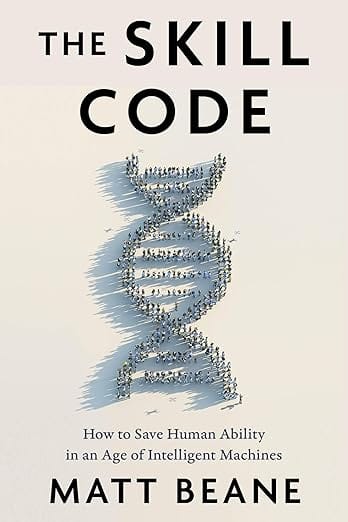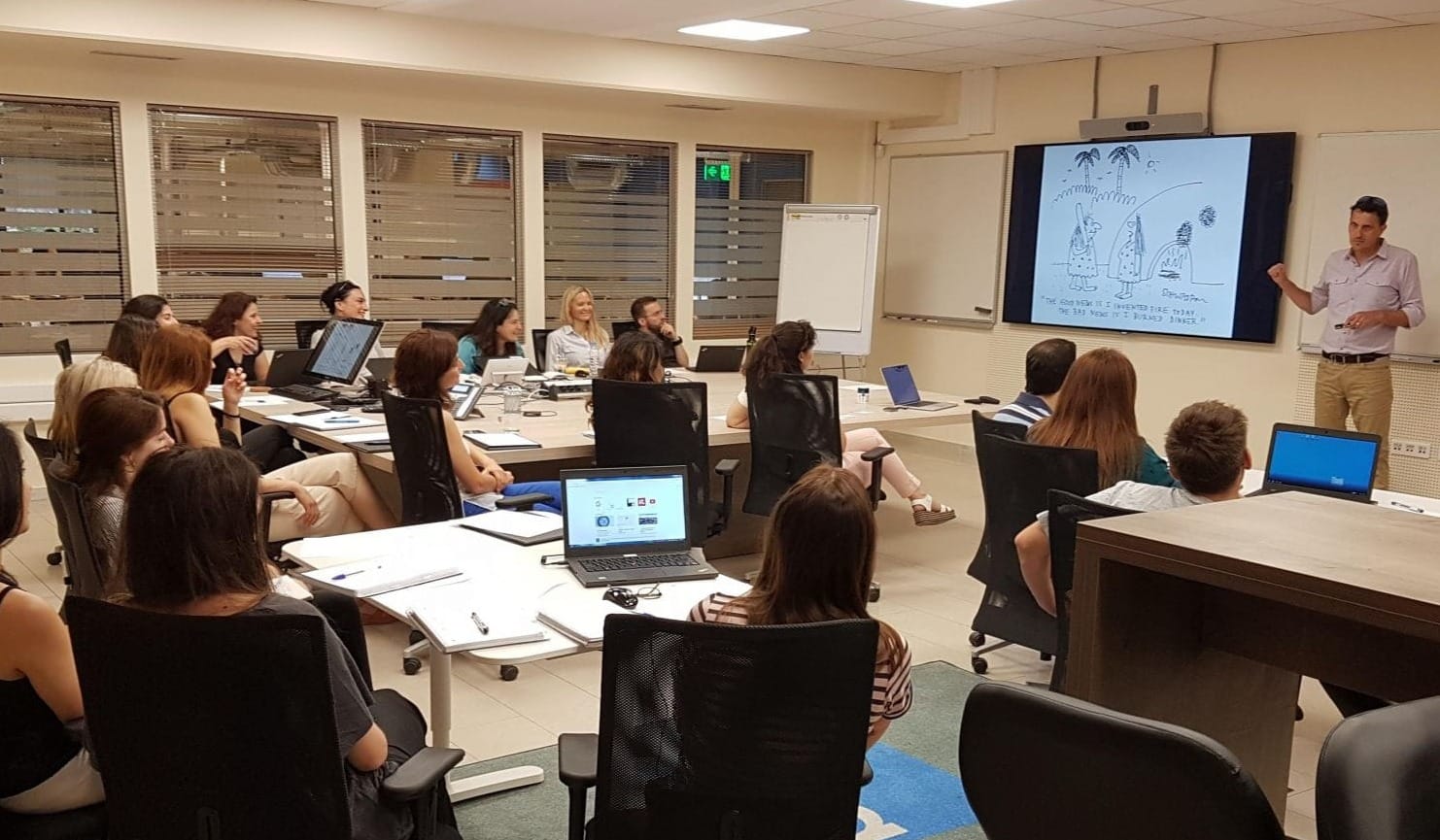As we all know by now, there are great advantages to artificial intelligence, but there are also real dangers, from a car dealer’s AI chatbot selling cars for $1 to bad actors posting fake explicit images of celebrities online. And, not surprisingly, a growing number of lawyers are finding that AI is not entirely ready for use in court pleadings and official documents.
Colorado’s Zach Crabill is one such lawyer, and his story has been covered extensively online. In short, the Colorado Springs attorney used ChatGPT to research case law, and he then filed a motion containing fake cases. Subsequently, when asked, he did not immediately notify the court of the error. As a result, he is currently practicing law under probation, but he expects to come out of his probationary status in about a year.
I recently spoke with Crabill about this experience, including his founding of a new kind of law firm focused on using AI to improve client services. He calls his new firm Av{ai}lable Law. To make the firm’s name and mission clear, its tagline is, “Where Justice is Av{ai}lable for All.”
Crabill explains that he was struck by the irony of his experience: The tool he used (ChatGPT) that set him back is the same tool that could have been used to preempt the entire situation from arising in the first place. In this situation, an individual drafted their own contract and was eventually sued by the other party to the contract. The first individual didn’t understand the contract, or his legal rights, and AI could have played a role in both creating a better contract and helping the individual to understand their rights. Instead, the individual was left without sufficient legal resources. Their only option at that point appeared to be hiring an expensive attorney for the relatively small amount of money in dispute.
This realization, that AI can be used for good, set Crabill on a new course. He is now serving as an advocate and spokesperson in the legal community to expound on how AI can be used to improve access to justice, and in particular, to make access more affordable. This is an important goal, as the access to justice situation in America has reached a crisis point.
Toward this end, Crabill is speaking at various legal conferences to educate other lawyers about how to use AI appropriately when representing clients. He is also speaking about the need for regulators to place guardrails on the use of AI in professional settings. At a minimum, he believes attorneys using AI should disclose their use of it so that courts and clients can be alert to potential errors. Personally, I’m not 100% on board with disclosure requirements, but I’m also not opposed to them at this time (I’ve previously argued that regulators should take it slow with AI regulation).
Moreover, Crabill is building a new kind of law firm at Av{ai}lable Law. Rather than focusing on billable hours, he uses AI to help clients as efficiently as possible. For example, when a client is facing a dispute of $2,500, it doesn’t make much sense to hire an attorney to resolve it when the legal bills will likely exceed the amount in dispute.
Crabill is positioning Av{ai}lable Law to be able to serve in those situations. In one recent example, he helped a client use ChatGPT to generate a demand letter over a relatively small amount of money, which his client used to get the other party to agree to pay the full amount in dispute. The client’s legal bill was only about $100, rather than a typical lawyer’s fees ($500-$3,000) for such a situation.
I’m personally impressed by Crabill’s ability to turn what could have been a career-ending move into a mission that will serve not just the entire legal profession, but possibly millions of underserved clients. Society badly needs reliable and cost-effective solutions to its legal problems, and I think all of us should be open-minded as to how and where we find those solutions. If AI can play a role – especially AI in the hands of a trained lawyer – then I’m going to fully support that new approach.
It may be true that AI tools are not ready for non-lawyers to use in legal disputes, at least not reliably. But in the case above, Crabill was able to understand the situation and review the AI’s output using his years of legal experience and knowledge to ensure the letter was accurate under the circumstances.
Crabill also suggests that lawyers use AI tools that are developed specifically for lawyers, rather than simply using publicly available tools. This is because law-specific tools have additional guardrails intended to limit hallucinations, and that they – at least in theory –offer greater protection of client confidentiality. However, regardless of the tool used, Crabill emphasizes that it is critical that lawyers carefully review the outputs because no tool is perfect today.
Av{ai}lable Law is already serving clients and using AI whenever possible. Crabill intends to expand the firm’s offerings and potentially also provide solutions to help individuals resolve their own legal situations using AI tools. But since AI is still relatively new, he is unsure of exactly where Av{ai}lable Law will go. Since AI is likely to continually improve in the years ahead, Av{ai}lable Law is likely to be continually changing and adapting, as well.
In speaking with Crabill, I was surprised at the level of optimism he has about his situation. He explains that our setbacks can be catalysts for profound change, and that he is now more certain than ever that just as he has adapted, the legal profession must also evolve. My hope is that more lawyers and legal professionals look to AI not as a threat, but as a tool to improve how legal problems are solved. This will likely include a mix of “do-it-yourself” AI tools and legal-specific AI tools to help lawyers help their clients. In my opinion, that is a winning approach for our society.










